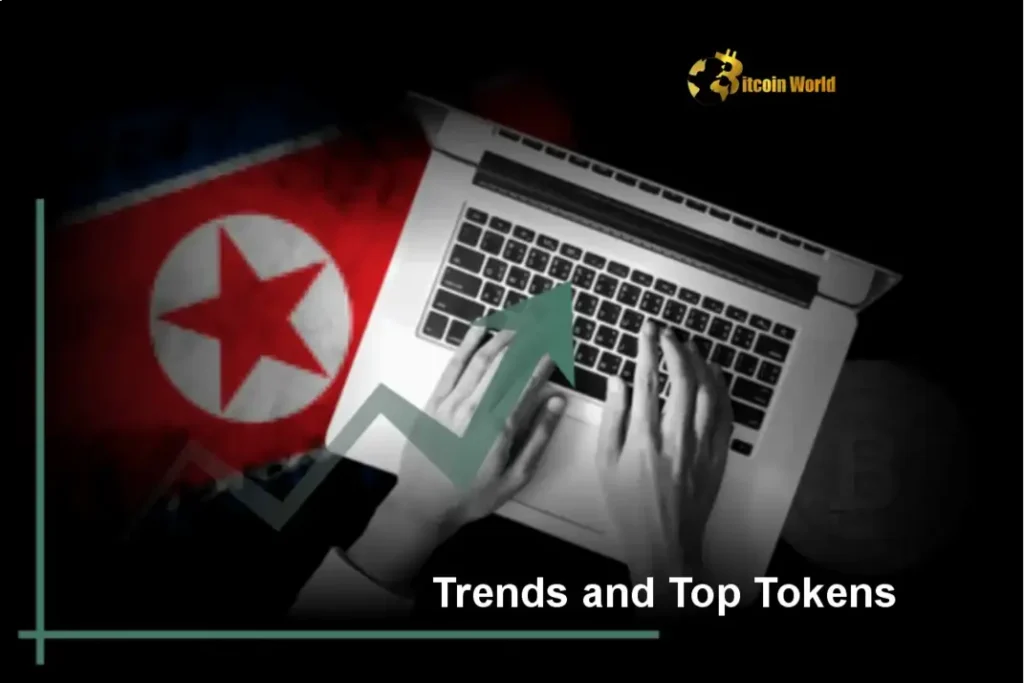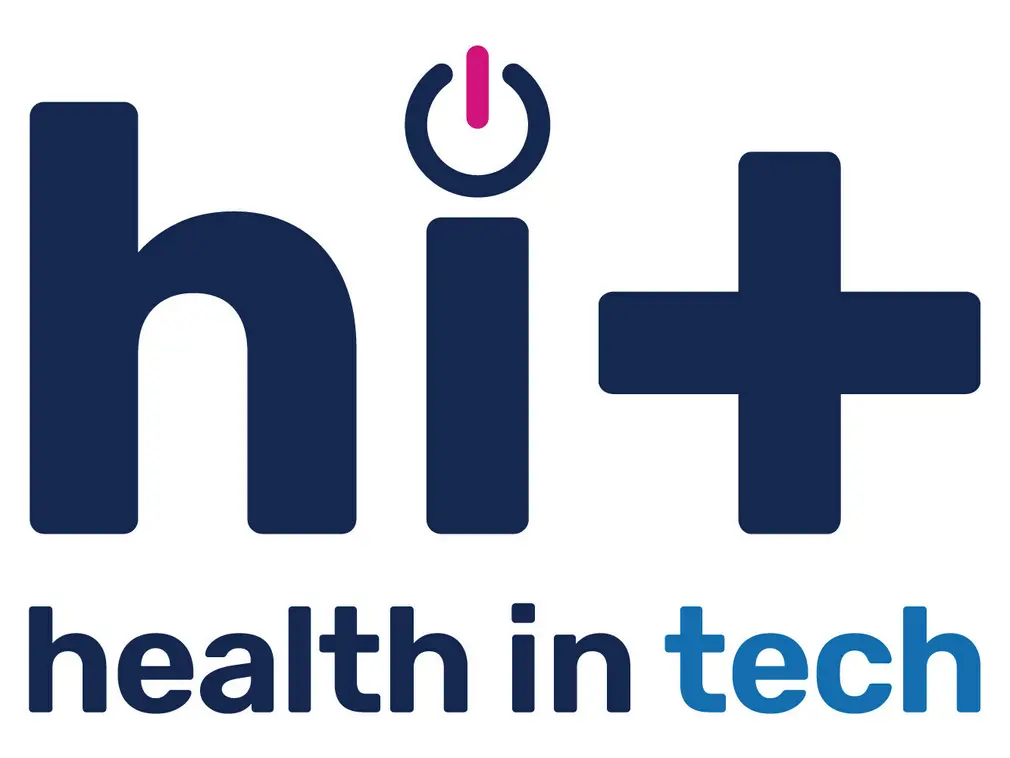The Study’s Findings
The Microsoft study, conducted in collaboration with Carnegie Mellon University, reveals that over-reliance on artificial intelligence can undermine our ability to think critically. The research found that individuals who spent more time using AI tools like ChatGPT or other generative models experienced a decline in their capacity to analyze information independently and make reasoned decisions.
Why Critical Thinking Skills Matter
According to the study, critical thinking skills are essential for solving complex problems, evaluating evidence, and making informed decisions. The ability to think critically fosters creativity, adaptability, and long-term problem-solving abilities—qualities that become increasingly important in today’s rapidly changing world.
What Does This Mean for Us?
As AI continues to permeate every aspect of our lives, from education to workplace automation, it is crucial to strike a balance. Over-reliance on AI can lead to complacency and a decline in essential cognitive skills. The study emphasizes the importance of integrating critical thinking into daily routines to ensure that technology enhances decision-making rather than replaces human judgment.
The Decline in Problem-Solving Skills
The research highlights a significant decline in problem-solving abilities among those who predominantly use AI tools. The study suggests that frequent exposure to AI can train the brain to favor quick, surface-level solutions over deeper, analytical ones. This “thinking with the algorithm” phenomenon raises concerns about long-term consequences on innovation and adaptability.
Long-Term Consequences
The article concludes by discussing the long-term consequences of AI overuse. Without regular cognitive exercises, individuals may experience reduced capacity to handle unexpected challenges or think creatively. The study advocates for a mindful integration of technology in daily life to preserve and enhance critical thinking skills.








